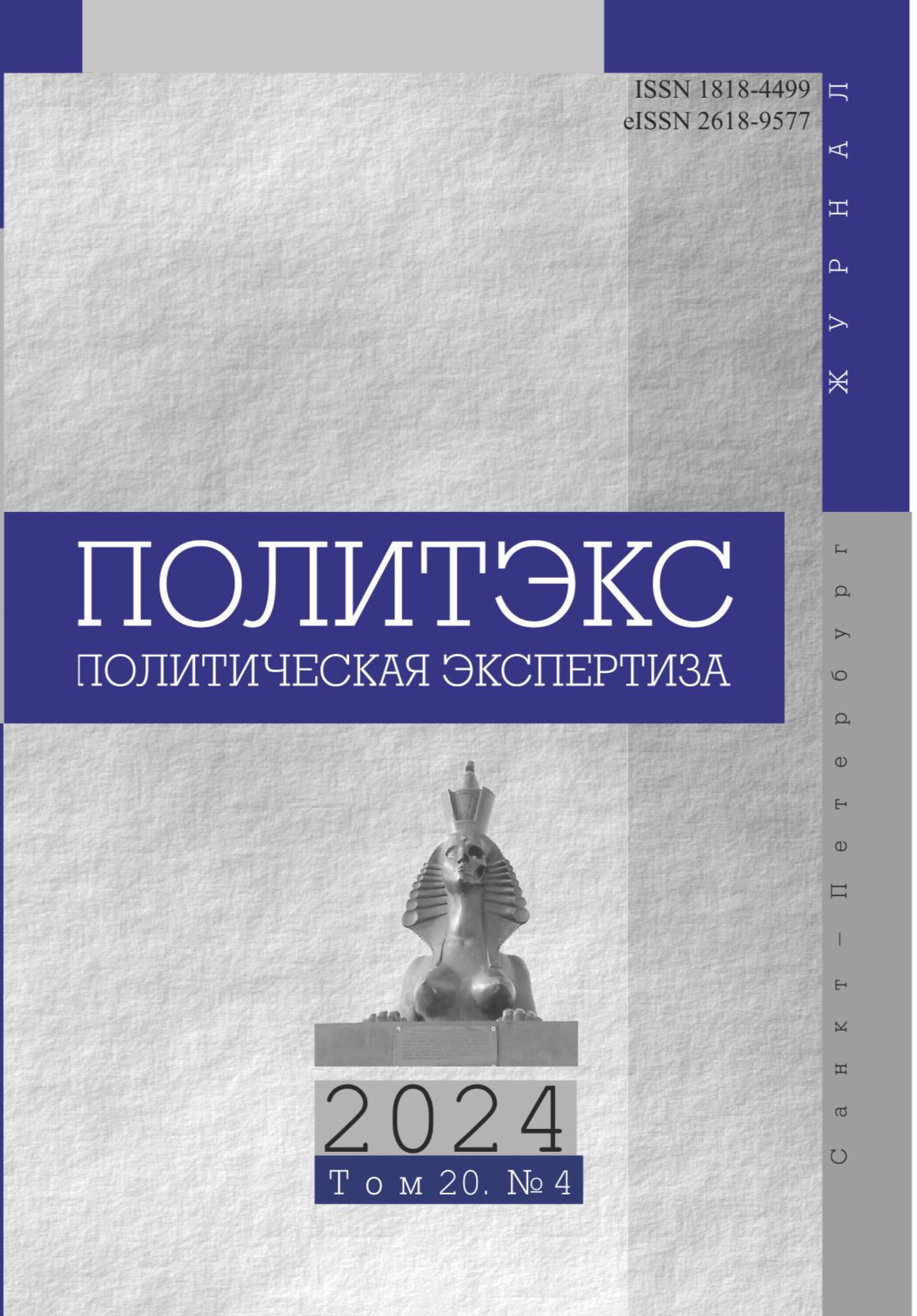FORMATION OF STATE-CIVIL IDENTITY ONLINE: A MODERN LITERATURE REVIEW
DOI:
https://doi.org/10.21638/spbu23.2024.409Abstract
The article presents a review of modern Russian scientific literature on the formation of state-civil identity online. The focus is on scientific works published in the period 2019-2024. Since the early 2020s, Russian science has paid increased attention to the problem of the state's influence on the formation of young people's identity in the online space. In general, it is recognized that the increased influence of the Internet objectively reduces the state's influence on identity construction. Many researchers agree that the spread of the Internet has resulted in increased individualization of the identity formation, unprecedented barriers to the processes of identity construction "from above". It is recognized that the agency of individuals has increased in the construction of their own identity. The typology of network mechanisms for identity formation developed by Kuban scientists has become widespread. Scientists acknowledge that after the initial period of the Internet's development as an unregulated and almost "pirate" environment, the state and traditional actors are beginning to play a more active role in the processes taking place in it. Russian researchers have proposed recommendations regarding possible tools and methods that the state can use to influence the processes of constructing the state-civil identity of young people in the online space: online games, specialized portals, overcoming the lag of the older generation and a radical increase in the online activity of teachers. The role of the state's restrictive policy in the online space is recognized for solving the problems of forming patriotism and state-civil identity, in particular, in the policy of counteracting fakes. The nature and research agenda in the field of studying the construction of identity in the online space are decisively influenced by the prevailing methodological principles, in particular, constructivism and the network version of neo-institutionalism.
Keywords:
identity, identity politics, state-civil identity, virtual identity, network identity, state identity policy, identity construction, scientific review
Downloads
Downloads
Published
How to Cite
Issue
Section
License
Articles of "Political Expertise: POLITEX" are open access distributed under the terms of the License Agreement with Saint Petersburg State University, which permits to the authors unrestricted distribution and self-archiving free of charge.




